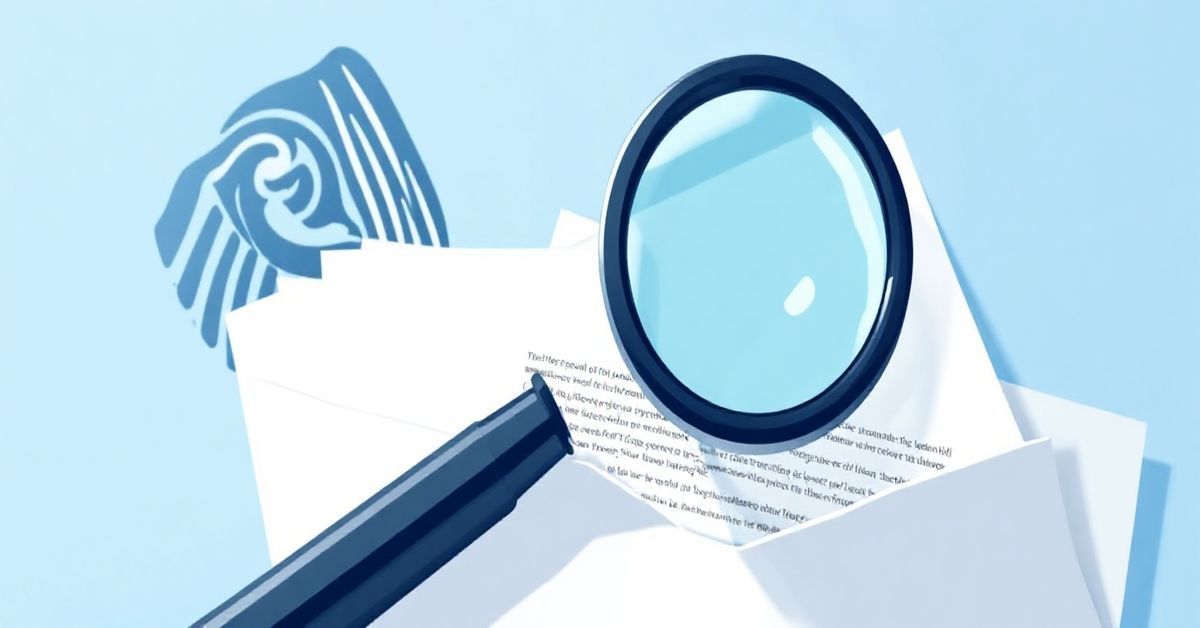Letter 2030: Notice of Proposed Changes to Your Return
What is IRS Letter 2030: Notice of Proposed Changes to Your Return?
IRS Letter 2030, “Notice of Proposed Changes to Your Return,” means the IRS believes there is an error on your tax return. They are proposing adjustments to your income, deductions, credits, or tax liability. This letter explains these changes and provides you the opportunity to agree or disagree with them.

